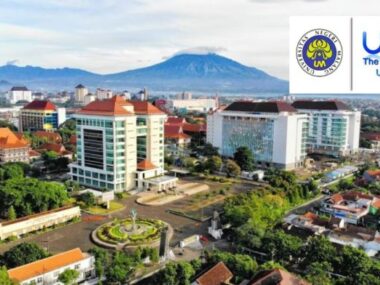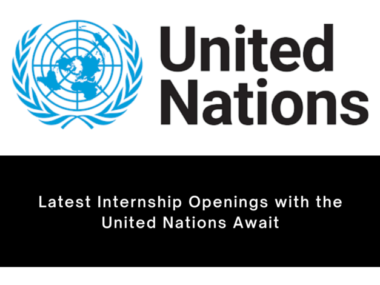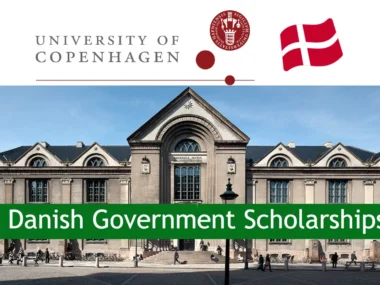Mastering the Art of Collaboration: Tips to Excel in Group Projects
Introduction
In today’s interconnected world, collaboration has become a vital skill for success in both academia and industry. Whether you are a student working on a group project or a professional involved in team-based assignments, mastering the art of collaboration can significantly enhance your productivity and help you excel. This article aims to provide valuable tips and insights on how to effectively collaborate in group projects, ensuring optimal outcomes. Additionally, a FAQs section at the end will address common queries that individuals often have regarding collaboration in group projects.
1. Clear Communication
Clear communication is the foundation of successful collaboration. It is important to establish open lines of communication within the group, ensuring that everyone feels comfortable expressing their ideas, concerns, and opinions. Regularly scheduled meetings and keeping everyone informed of progress and updates help maintain clarity. Utilizing digital tools such as project management software or communication platforms enables seamless communication and documentation of relevant information, minimizing misunderstandings.
2. Establish Common Goals
Establishing common goals is crucial to align group members towards a shared purpose. Ensure that all members are aware of the project’s objectives, deadlines, and deliverables. Encourage discussions to set realistic and achievable goals, allowing everyone to contribute their perspectives. Clear goals provide a unified direction and prevent conflicts arising from varying expectations.
3. Utilize Each Individual’s Strengths
Each individual brings unique skills and strengths to the table. Recognizing and utilizing these strengths can enhance collaboration and overall project outcomes. Assigning tasks based on expertise enables team members to contribute effectively and build trust within the group. Utilize platforms or tools that allow sharing and tracking of individual tasks and progress, ensuring transparency and accountability.
4. Foster a Positive Team Culture
Creating a positive team culture is essential for effective collaboration. Encourage an inclusive environment where every voice is heard and respected. Celebrate successes, acknowledge efforts, and provide constructive feedback when necessary. Cultivating trust and mutual respect among team members builds stronger bonds and encourages communication and collaboration.
5. Promote Flexibility and Adaptability
Group projects often encounter unforeseen challenges or changes in circumstances. It is important to promote flexibility and adaptability within the team to navigate such situations successfully. Encourage brainstorming solutions together and adapting the project plan as needed. Emphasize the importance of embracing change and being open-minded to new approaches, ensuring the group’s ability to overcome obstacles collectively.
6. Effective Conflict Management
Conflict is inevitable in group projects, but effective conflict management can prevent them from escalating and negatively impacting collaboration. Encourage open discussions to address conflicts promptly. Provide a safe space for individuals to express their concerns and mediate conflicts when necessary. Focus on finding common ground and compromise, ensuring everyone’s needs and perspectives are considered.
7. Regular Evaluations and Reflections
Regular evaluations and reflections allow the group to assess its progress, identify areas for improvement, and make necessary adjustments. Encourage group members to share their thoughts on what worked well and areas that need enhancement. Reflective practices provide opportunities for continuous learning and growth, leading to improved collaboration in future projects.
FAQs about Collaboration in Group Projects
Q1. How do I deal with unresponsive members in a group project?
A1. Communication is key in such situations. Reach out to unresponsive members individually, expressing your concerns and the impact their lack of participation has on the project. If the issue persists, consider involving the project supervisor or instructor for guidance.
Q2. What should I do if conflicts arise within the group?
A2. Conflict is common, and addressing it promptly is crucial. Create a safe space for open discussions, allowing individuals to express their concerns. Focus on finding common ground and compromise, mediating when necessary. If conflicts persist, seek guidance from a neutral third party or project supervisor.
Q3. How can I ensure equal participation among group members?
A3. Establish clear expectations of participation and hold regular meetings to check progress and contributions. Encourage open communication and set deadlines for each task, ensuring equal distribution. In case of persistent unequal participation, address the issue within the group or involve the project supervisor.
Q4. How do I ensure that tasks are completed within the given timeline?
A4. Utilize project management tools that facilitate task assignment, tracking, and deadlines. Regularly communicate about task progress and encourage transparency. Promptly address any delays or issues to ensure tasks are completed within the timeline.
Conclusion
Mastering the art of collaboration is crucial in achieving success in group projects. By following the tips mentioned above, individuals can enhance their collaboration skills, leading to optimal outcomes. Clear communication, establishing common goals, utilizing individual strengths, fostering a positive team culture, promoting flexibility and adaptability, effective conflict management, and regular evaluations and reflections are keys to excel in collaboration. Embrace these principles and become a valuable contributor to any group project.





